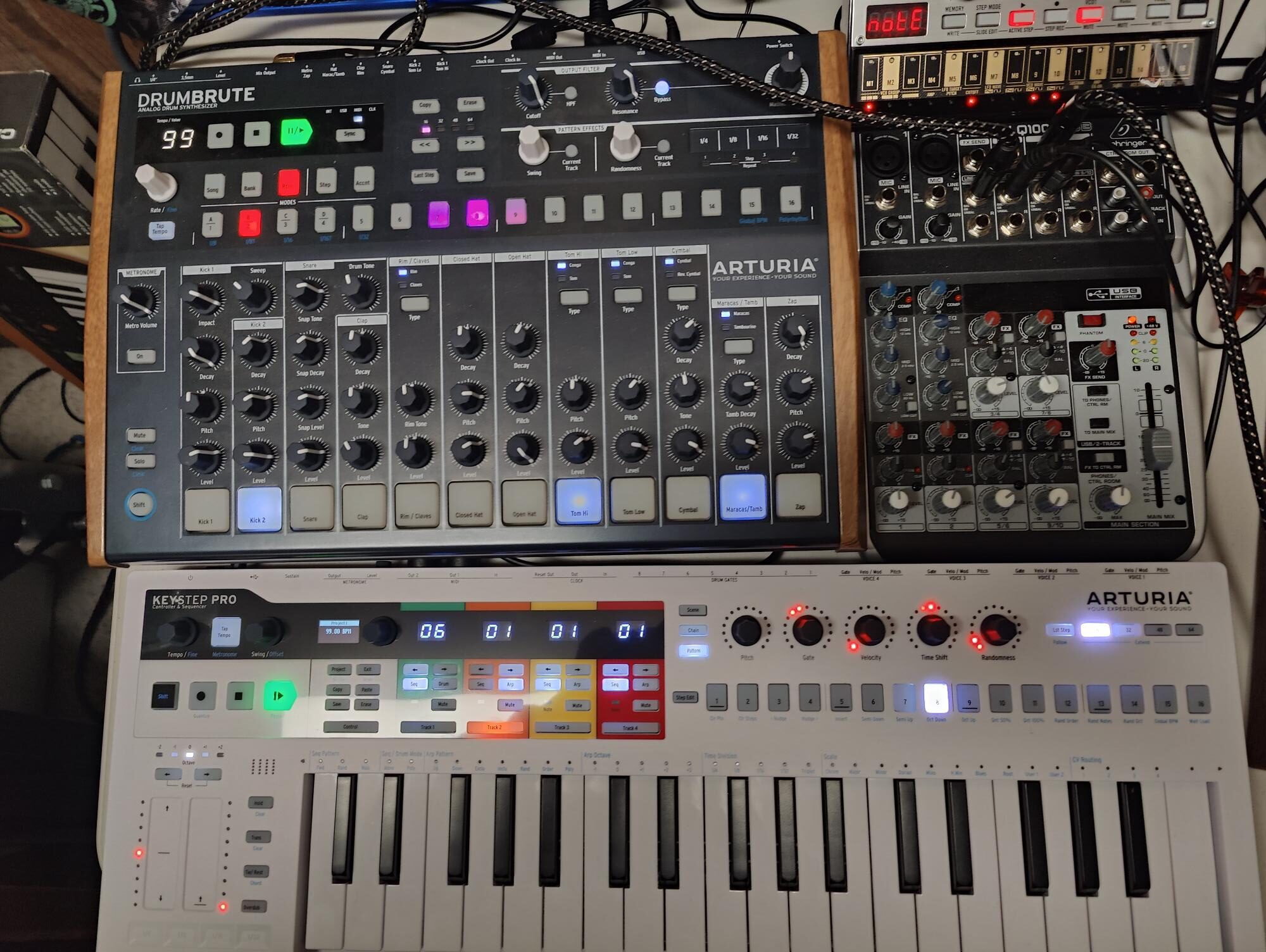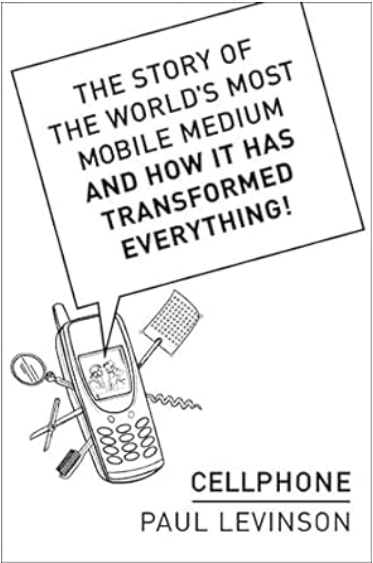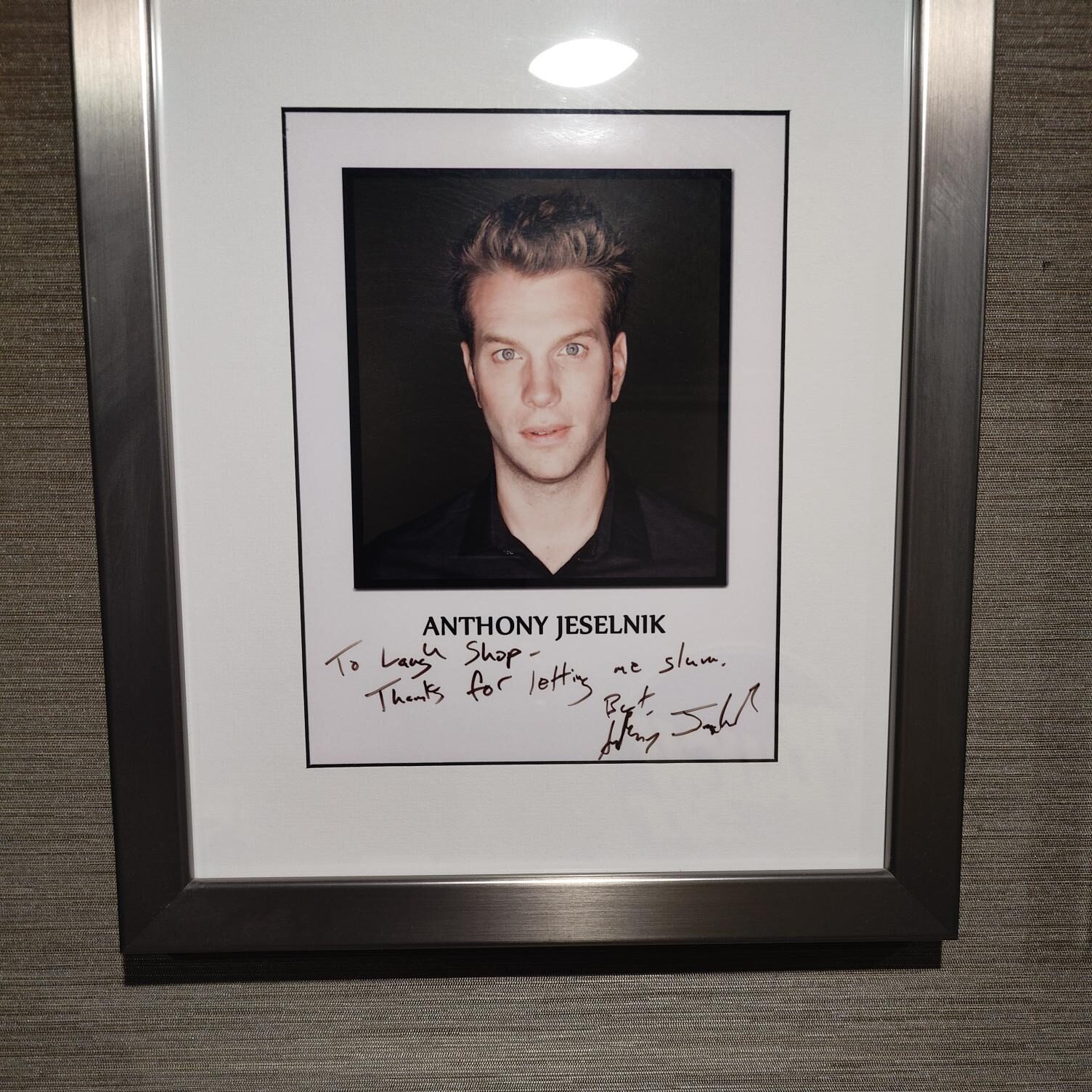Created a MOC (Map of Content) page for the various tools that I use for research, data analysis, and content creation.
It’s available here: Workflow MOC, even though it isn’t fully accessible from the menu yet, as right now it is mostly a list.
This will be an evergreen page to help with document the tools I use, any helpful tips, and challenges (and solutions?) that I encounter or discover along the way.
I’ll admit that with some of these tools, I’m still just a beginner, but others I feel more confident with, so hopefully this will grow over time, and perhaps shift too.
A lot of this may simply be a “note to self” so I can track down what steps I’ve taken or used in the past.
The specific tools I use may also end up here, or in a different MOC page, but I’ll see how that goes.
And debating on turning comments back on for these, as feedback is welcome.


